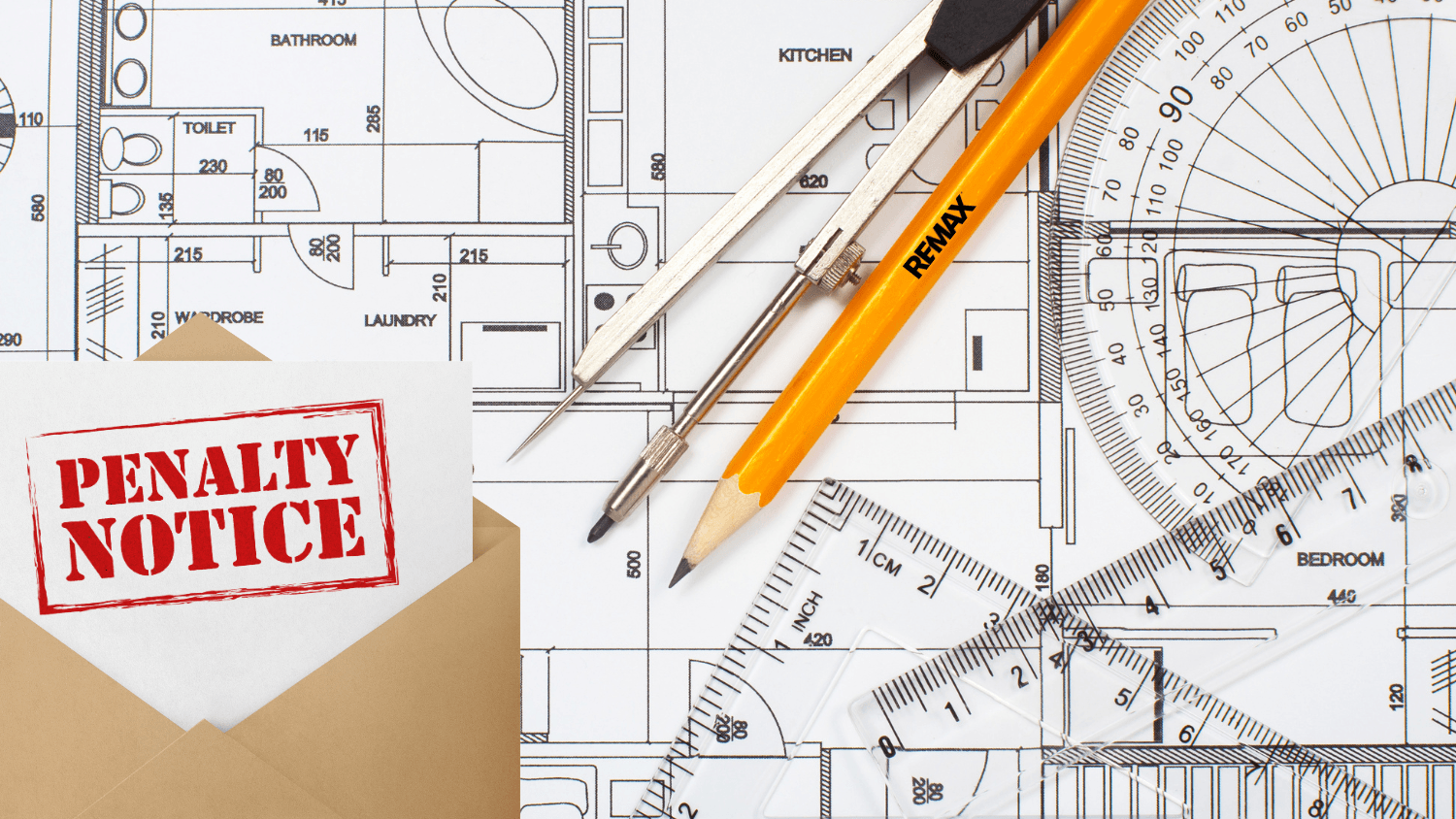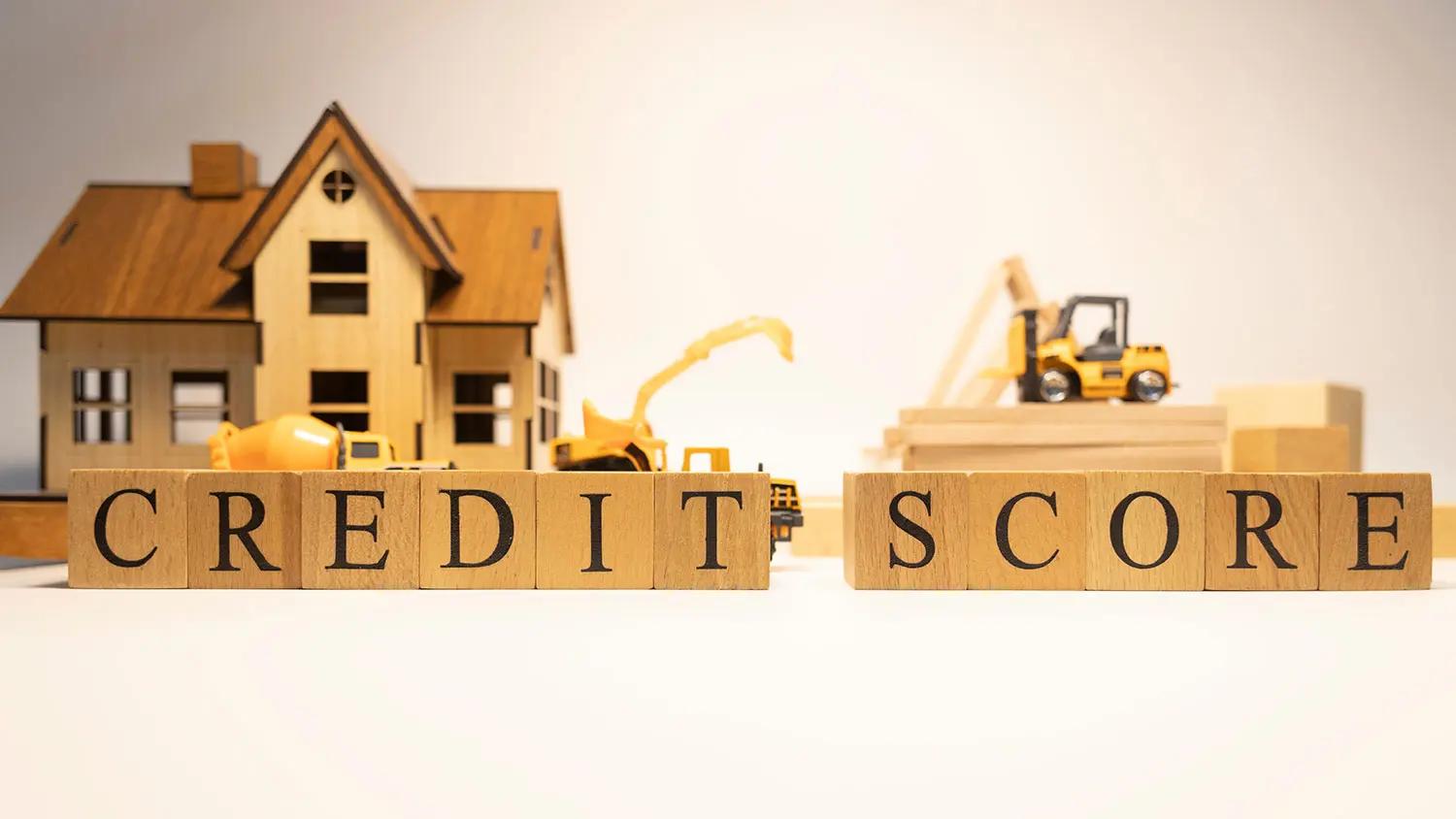Buying a house with the intent to rent it out can be a great passive investment move, right? You buy an affordable property, your tenants pay off your second home loan and you’ll have supplemental income from their rent payments! However, owning a rental property is more complex than tweaking leaky plumbing or fixing the air conditioning during heatwaves.
Before you jump into the commitment of becoming a landlord, consider if you have the following:
a) at least a 20% down payment for a rental property bond?
b) a financial cushion in case you don't rent it out, or if the rental doesn't cover repayments?
c) the skills to be a landlord, from understanding basic tenant law to maintenance and repairs?
At the end of the day, purchasing a second house to rent out in South Africa deserves some serious thought. Here are some of the avenues you should explore first. Don’t forget to be in touch with RE/MAX property professionals in your area to help you find the perfect property. Our agents can also come on board as the managing rental agent to help you ensure the best management of your property.
Do you really want to be a landlord?
Figuring out if it is worth buying a house as a rental property and if it is a good investment always starts with exploring what’s best for you, specifically. Being a landlord can be a good way to earn additional income, but it's not easy or glamorous and it can be big on time and sweat equity. This is especially true if you do not involve an agent to help or if you’re buying a house to rent out on high thoroughfare platforms, such as Airbnb.
On top of choosing the right property, prepping the home, and finding reliable tenants, there are always going to be maintenance hassles and challenges. While you should absolutely explore whether it makes financial sense, what your financing options are, what costs are involved, and what are the potential returns, you should also examine whether you have this time to invest into becoming a first-time landlord. Those with less time should factor in the cost of involving a real estate professional to help manage the rental on your behalf.
Do you have any personal debt to settle first?
Is renting out property a good investment if you already have a large personal debt portfolio? Savvy investors might carry debt as part of their portfolio investment strategy, but the average person should avoid it whenever possible. Don’t put yourself in a position where you lack the cash to make payments on your debt. Always have a margin of safety in play. If you have student loans, unpaid medical bills, or children who will attend university or college soon, purchasing a rental property may not be the right move if it will overstretch any of these commitments.
Have you considered the full financial scope?
How much capital do you have on hand to make a down payment or even pay for the home in full? Calculate your approximate return on investment (ROI) before you purchase a property and then estimate how much income you’ll get from the property. Take into account what your expenses will be and subtract them from your income to find your approximate net operating income. Remember to include any applicable fees, including:
- Insurance
- Levies and/or Homeowners Association fees
- Utilities
- Advertising costs for acquiring new tenants
- Travel expenses to and from the property
- Cleaning, maintenance and repairs
- Professional contracts (legal and management)
- Home loan repayments
- Rates & Taxes
Have you found the best location?
Ambitious millennials are often looking for a cosmopolitan lifestyle, usually near urban vibes. There’s also a drive for family homes in suburban rental markets across Johannesburg, Pretoria, Durban, and Cape Town too. Buy-to-rent investors should also consider “work, play, live” opportunities near transport nodes that reduce travel time and are situated in fully-equipped lifestyle estates. In general, South African renters are seeking a better quality of life, greater safety, and a sense of community. In recent years, it’s important to also note the phenomenon of “semigration” which has sprung up in the South Africa rental market and created a demand for rentals in coastal and smaller towns — good news for anyone looking to use their rental property as a more sedate retirement property later on.
Can you secure the financing to make an offer?
Once you’ve found a potential investment property, you’ll need to secure the finance necessary to buy it. Getting the best deal on your bond is a crucial part of maximising the return on a buy-to-let investment. Bear in mind that most banks do not take potential rental income on the property into account when assessing your bond application. Also, remember that while most banks won’t offer 100% loans on investment properties, you can look around for the best rates.
So, should I buy a house and rent it out?
Ultimately, the best way to answer this question is to start speaking to property professionals and financing experts in your desired areas. Although owning a rental property and becoming a landlord can be hard work, it can also be the foundation to creating wealth over the long term – especially with the right suppliers and partners. For example, one of the easiest ways to make sure that you’ve vetted potential tenants before signing a lease is to work with a RE/MAX rental professional who will take care of it for you. Then you can sit back, relax, and reap the rewards of knowing that the key element to success is to always view property investment with the future and maximum returns in mind!






